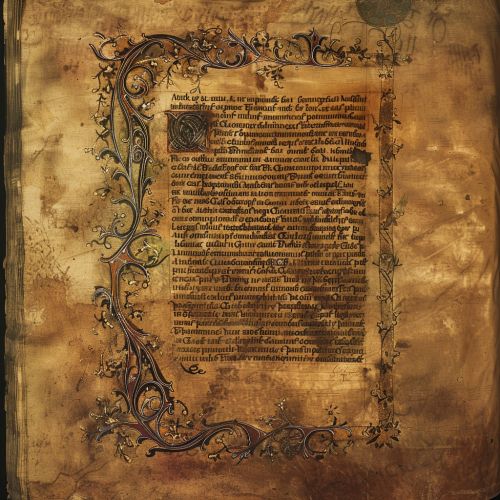History of the English language
Origins
The English language, as we know it today, has a rich and complex history that spans over a millennium. Its origins can be traced back to the 5th century AD, when three Germanic tribes, the Angles, the Saxons, and the Jutes, invaded Britain. These tribes spoke closely related West Germanic dialects, which would collectively come to be known as Old English.


Old English was a highly inflected language with a syntax similar to that of modern German. It was characterized by strong and weak verb forms, and had a grammar system that was quite different from that of Modern English. The language was influenced by the Old Norse of the Viking invaders during the 8th and 9th centuries. This Norse influence is particularly evident in the vocabulary of the northern and eastern regions of England.
Middle English
The transition from Old English to Middle English was marked by significant changes in grammar and vocabulary, largely due to the Norman Conquest of 1066. The Normans brought with them the Norman language, which was a Romance language closely related to French. Norman became the language of the court, the church, and the aristocracy, while English continued to be spoken by the common people.
Over time, the Norman language and Old English merged into what is now known as Middle English. This period of the English language is most famously represented by the works of Chaucer, whose Canterbury Tales is often used as an example of the vernacular of this period.
Early Modern English
The period from the late 15th to the late 17th century is known as the Early Modern English period. This period witnessed the Great Vowel Shift, a major change in pronunciation that affected the long vowels of English. It was also during this period that English grammar became simplified and the word order became more fixed.
The Early Modern English period was marked by the influence of Latin and Greek, as well as the development of English as a literary language. The works of Shakespeare and the translation of the Bible into English by the King James I are notable examples of Early Modern English.
Late Modern English
Late Modern English, which is the stage of the language we use today, has been in use from the 18th century till the present day. This period has been characterized by significant vocabulary expansion, due to the Industrial Revolution, the growth of the British Empire, and the influence of other languages.
The English language continues to evolve, with new words and phrases being added to its vocabulary every year. It is now the third most spoken language in the world, and has become the global language of business, science, and culture.
